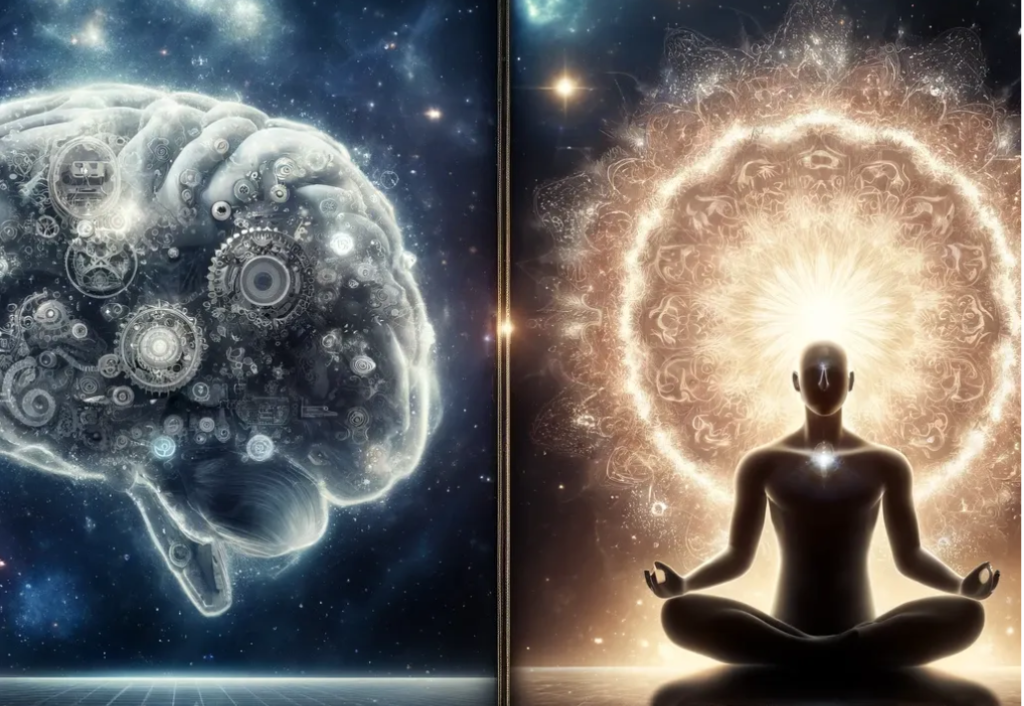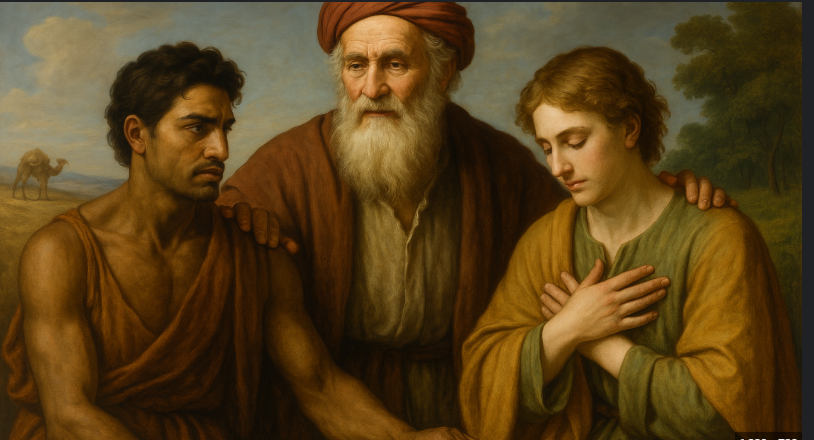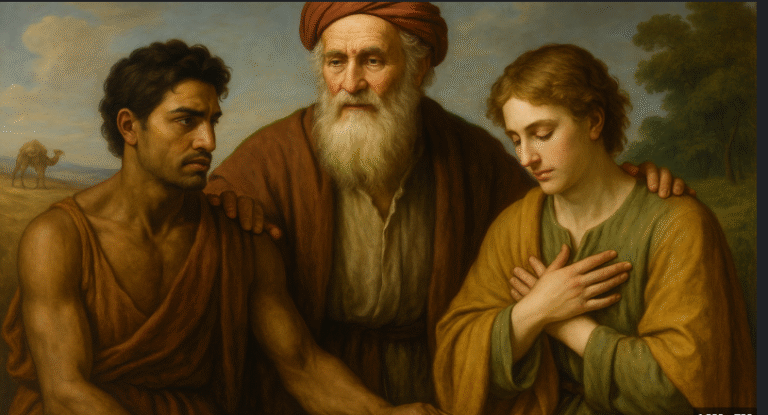What Is Consciousness in Spirituality?
In spirituality, consciousness is more than the awareness of thoughts, emotions, and surroundings. It is seen as a multi-dimensional phenomenon that connects individuals to a higher reality, often described as the divine, universal energy, or cosmic intelligence. Unlike scientific approaches that focus on the physical brain and its functions, spirituality views consciousness as a fundamental aspect of existence that extends beyond the body.
Key spiritual concepts of consciousness include:
- The Soul: Often regarded as the core of one’s consciousness, the soul is considered eternal and deeply interconnected with the universe.
- Higher Consciousness: This refers to elevated states of awareness that transcend everyday thought, enabling individuals to perceive deeper truths about themselves and their relationship with the cosmos.
- Interconnectedness: Spirituality emphasizes the unity of all beings and the connection between individual consciousness and universal consciousness, often described as “oneness.”
Spiritual Practices to Explore Consciousness
The study of consciousness in spirituality often involves experiential practices that enable individuals to explore the layers of their awareness and connect with a greater reality. These practices include:
1. Meditation
Meditation is a cornerstone of spiritual exploration, allowing practitioners to quiet the mind and access deeper states of consciousness. Through focused attention and mindfulness, meditation reveals the subtle layers of awareness and fosters insights into the nature of existence.
- Benefits:
- Enhances self-awareness and emotional regulation.
- Provides a gateway to transcendent experiences, such as feelings of unity or universal love.
- Examples:
- Vipassana meditation for mindfulness and insight.
- Transcendental meditation to access deeper, non-ordinary states of awareness.
2. Prayer
Prayer, a universal spiritual practice, is another way to connect with a higher consciousness. Whether structured or spontaneous, prayer fosters a sense of humility, gratitude, and connection to a divine presence.
- Purpose:
- Facilitates communion with a higher power or universal energy.
- Offers moments of introspection and alignment with spiritual values.
3. Mindfulness
Rooted in both spirituality and psychology, mindfulness involves maintaining a present-focused awareness, free of judgment. This practice is a bridge between ordinary consciousness and deeper spiritual states.
- Applications:
- Cultivates an appreciation for the present moment.
- Encourages the recognition of interconnectedness in daily life.
4. Altered States of Consciousness
Certain spiritual traditions utilize techniques to induce altered states of consciousness, such as breathwork, chanting, fasting, or engaging in sacred rituals. These methods aim to transcend ordinary perception and access profound spiritual insights.
- Examples:
- Shamanic journeying to connect with spiritual guides.
- Yogic breathwork (Pranayama) to elevate energy and awareness.
Consciousness and the Nature of Reality
One of the central tenets of spiritual consciousness studies is the belief that reality extends beyond the physical and material. This perspective challenges the notion that the universe is entirely mechanistic, suggesting instead that consciousness plays a fundamental role in shaping reality.
- The Observer and Reality:
- Some spiritual teachings align with interpretations of quantum mechanics, particularly the idea that the observer influences the observed reality. This interplay raises questions about the nature of reality and the role of consciousness in shaping it.
- The Illusion of Separateness:
- Spirituality often describes the physical world as a veil or illusion, with true reality lying in the interconnectedness of all existence. Practices like meditation and mindfulness aim to lift this veil, allowing individuals to perceive their unity with the universe.
- The Transformative Power of Awareness:
- By exploring consciousness, individuals can shift their perception of reality, experiencing profound changes in their sense of self and their relationship with the world. These experiences often lead to a deeper understanding of life’s purpose and meaning.
The Transformative Potential of Consciousness Studies
The spiritual study of consciousness is not just a philosophical pursuit; it is a transformative journey that can bring profound personal growth and insight.
- Healing and Emotional Growth:
- Exploring consciousness helps individuals uncover subconscious patterns and emotional blockages, fostering healing and self-acceptance.
- Practices like mindfulness and meditation reduce stress and promote mental clarity.
- Expanded Awareness:
- By accessing higher states of consciousness, individuals gain new perspectives on their lives, relationships, and the world around them.
- These experiences often cultivate a sense of awe, gratitude, and interconnectedness.
- Connection to a Greater Reality:
- Many who study consciousness report feeling deeply connected to a universal energy or divine presence.
- This connection can inspire a sense of purpose, guiding individuals toward more compassionate and meaningful lives.
Science and Spirituality: Complementary Perspectives on Consciousness
While spirituality views consciousness as a transcendent and universal phenomenon, science investigates it as a product of neural processes and brain activity. Despite these differences, the two perspectives are not necessarily at odds.
- Neuroscience Meets Spirituality:
- Research into meditation and mindfulness reveals measurable changes in the brain, such as increased activity in areas associated with attention and emotional regulation.
- These findings support the idea that spiritual practices can enhance well-being and deepen awareness.
- The Unanswered Questions:
- Science continues to grapple with the “hard problem of consciousness,” which asks how subjective experiences arise from physical brain activity. This mystery leaves room for spiritual interpretations and exploration.
- Shared Goals:
- Both science and spirituality seek to understand the nature of consciousness, offering complementary insights into its complexity and potential.















